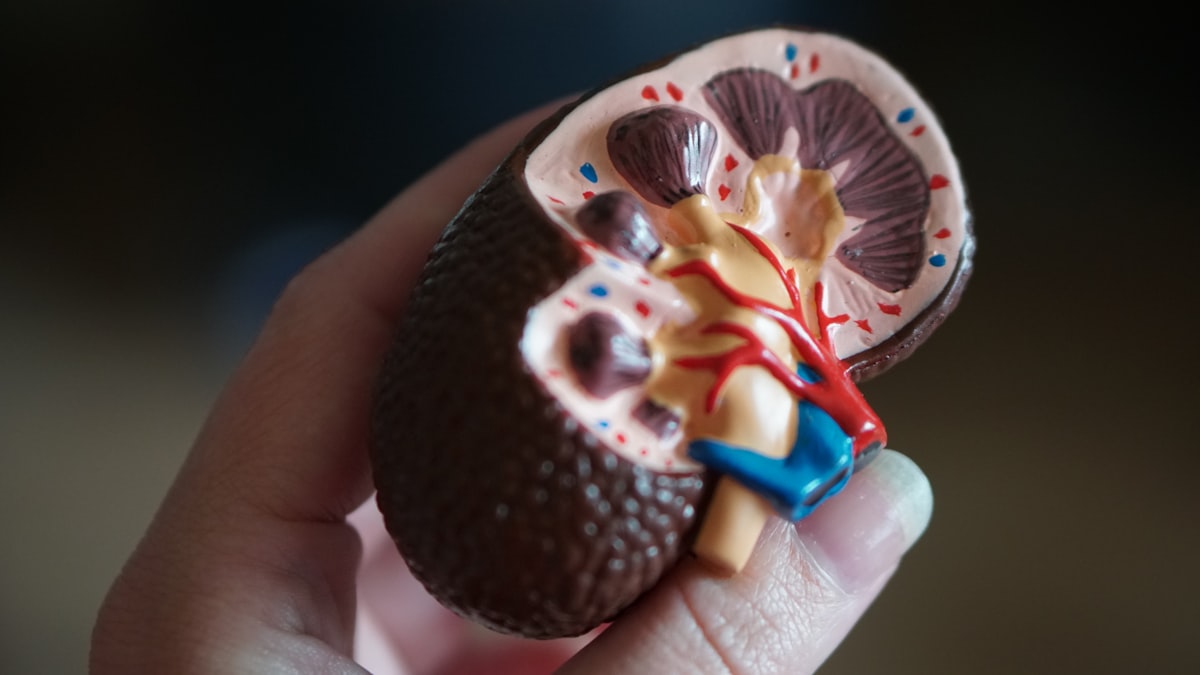
Heroin nephropathy, also known as heroin-associated nephropathy (HAN), is a serious kidney disease that is linked to chronic heroin abuse. This condition can lead to kidney failure and requires medical intervention. Understanding the symptoms of heroin nephropathy is crucial for early detection and treatment.
In this article, we will explore the various symptoms of heroin nephropathy and the impact it has on the body. By recognizing the signs of this condition, individuals can seek timely medical assistance and prevent further damage to their kidneys.
1. Swelling
One of the most common symptoms of heroin nephropathy is swelling, particularly in the lower extremities such as the legs, ankles, and feet. This swelling, known as edema, occurs due to the kidneys’ inability to properly filter and remove waste products from the body. As a result, fluid accumulates in the tissues, leading to noticeable swelling. In severe cases, the swelling may also affect the face and hands.
It is essential to seek medical attention if persistent swelling is observed, as it could be a sign of kidney dysfunction related to heroin abuse.
2. Decreased Urination
Individuals with heroin nephropathy may experience a decrease in the frequency and volume of urination. This symptom is a result of the kidneys’ impaired ability to eliminate waste and excess fluids from the body. As a result, urine output decreases, leading to concentrated and dark-colored urine. Some individuals may also experience difficulty urinating or a feeling of urinary urgency.
Changes in urination patterns should be reported to a healthcare professional for further evaluation and diagnostic testing.
3. Fatigue
Chronic heroin abuse and the subsequent development of heroin nephropathy can lead to persistent fatigue and weakness. The kidneys play a crucial role in producing erythropoietin, a hormone that stimulates red blood cell production. When kidney function is compromised, anemia can occur, resulting in reduced oxygen delivery to the body’s tissues and organs, leading to fatigue and weakness.
Individuals experiencing unexplained fatigue and weakness should undergo medical assessments to determine the underlying cause and receive appropriate treatment.
4. High Blood Pressure
Heroin nephropathy can contribute to the development of hypertension (high blood pressure), which, if left uncontrolled, can further damage the kidneys and increase the risk of cardiovascular complications. The kidneys play a vital role in regulating blood pressure by controlling fluid balance and producing hormones that help regulate blood pressure levels. When the kidneys are impaired, blood pressure can become elevated.
Monitoring blood pressure regularly and seeking medical advice for hypertension management is crucial for individuals with heroin nephropathy.
5. Proteinuria
Heroin nephropathy often leads to the presence of protein in the urine, a condition known as proteinuria. The kidneys are responsible for filtering waste products and preventing the loss of essential proteins, such as albumin, in the urine. However, in individuals with heroin nephropathy, the kidneys’ filtering mechanism is compromised, resulting in excessive protein excretion in the urine.
Testing for proteinuria through a simple urine analysis can help identify kidney dysfunction and guide further diagnostic evaluations and treatment.
6. Nausea and Vomiting
Some individuals with heroin nephropathy may experience persistent nausea and vomiting, especially in advanced stages of the disease. The accumulation of waste products in the bloodstream due to impaired kidney function can lead to gastrointestinal symptoms, including nausea and vomiting. Furthermore, electrolyte imbalances resulting from kidney dysfunction can contribute to digestive disturbances.
Seeking medical attention for unrelenting nausea and vomiting is crucial for managing the symptoms and addressing the underlying kidney disease.
7. Anemia
As mentioned earlier, heroin nephropathy can lead to the development of anemia, a condition characterized by a reduced number of red blood cells or a decrease in hemoglobin levels. Anemia can lead to symptoms such as fatigue, weakness, pale skin, and shortness of breath. The impaired production of erythropoietin by the kidneys contributes to the development of anemia in individuals with kidney disease.
Individuals with symptoms of anemia should undergo blood tests to determine their red blood cell count and hemoglobin levels, followed by appropriate management strategies.
8. Fluid Retention
Fluid retention, also referred to as edema, is a common symptom of heroin nephropathy. It occurs when the kidneys are unable to effectively eliminate excess fluids from the body, leading to the accumulation of fluid in the tissues. As a result, individuals may experience swelling in the legs, ankles, feet, and other areas of the body. In severe cases, fluid retention can also lead to pulmonary edema, causing difficulty breathing.
Managing fluid retention through medical intervention and lifestyle modifications is essential for individuals with heroin nephropathy.
9. Itching
One lesser-known symptom of heroin nephropathy is persistent itching, known as pruritus. Itching can occur due to the accumulation of waste products and toxins in the bloodstream, as the kidneys are unable to effectively filter and remove these substances from the body. The skin may become dry, irritated, and prone to itching, causing discomfort and distress.
Seeking medical advice for managing itching and addressing the underlying kidney disease is crucial for improving the quality of life in individuals with heroin nephropathy.
10. Bone Pain
Heroin nephropathy can have an impact on bone health, leading to bone pain and increased risk of fractures. The kidneys play a role in maintaining mineral balance, and when kidney function is compromised, bone health can be affected. Individuals with advanced heroin nephropathy may experience bone pain, especially in the back and joints, which can significantly impact their mobility and quality of life.
Consulting with healthcare professionals for managing bone pain and preserving bone health is essential for individuals with heroin nephropathy.

















